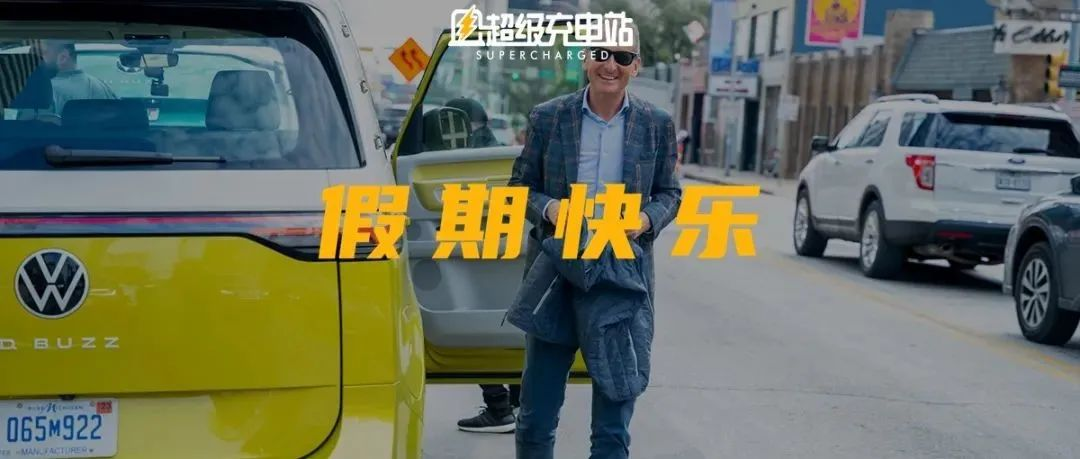Author: Chang Yan
At 00:10 Beijing time this morning, the news of the “Wolfburg Incident” broke, with a statement that the current CEO of Volkswagen Group, Diess, is to leave his position on September 1.
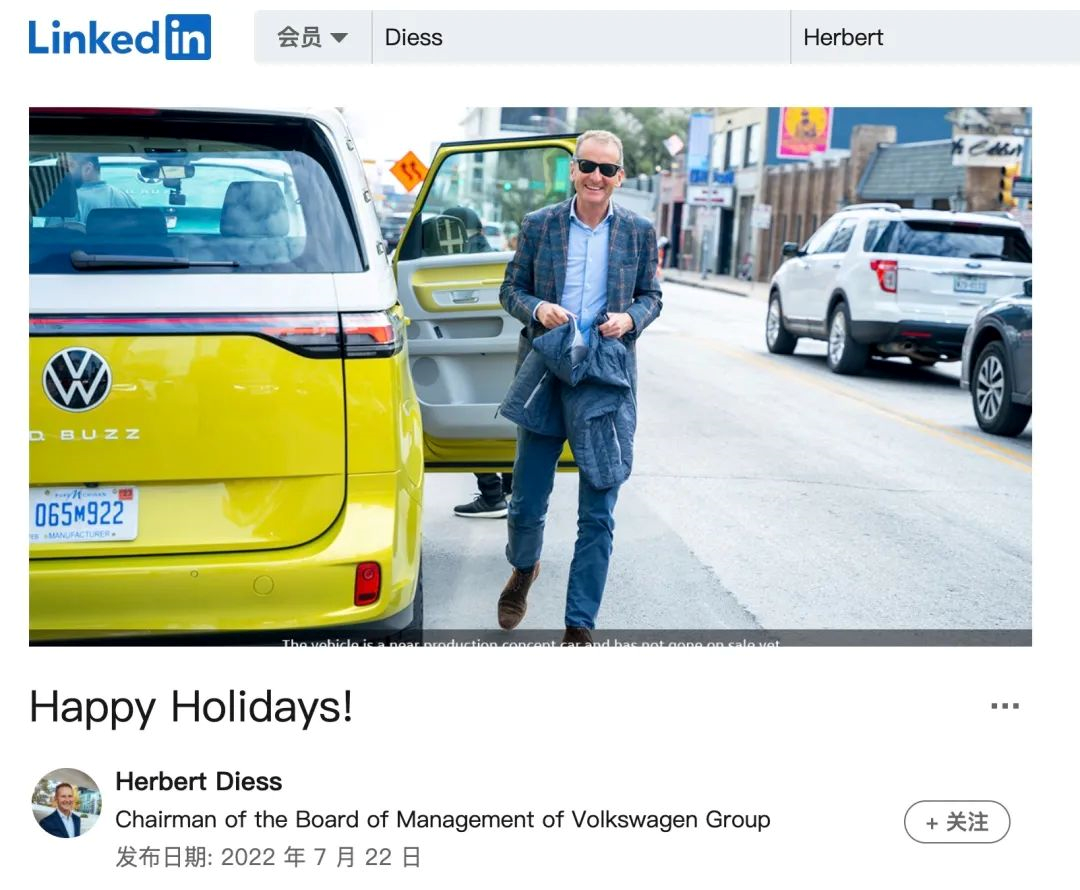
This news obviously came as a surprise to all industry professionals around the world. Just two hours prior, Diess had posted a message on his LinkedIn wishing all Volkswagen Group employees a happy holiday season. However, it is now apparent that he will not be a part of the company’s second half endeavors.
As one of the first media personnel in China to come across this news, I immediately posted it on my Weibo account, and even went as far as drafting an outline ready for my editor colleagues to finalize the piece first thing the following morning.
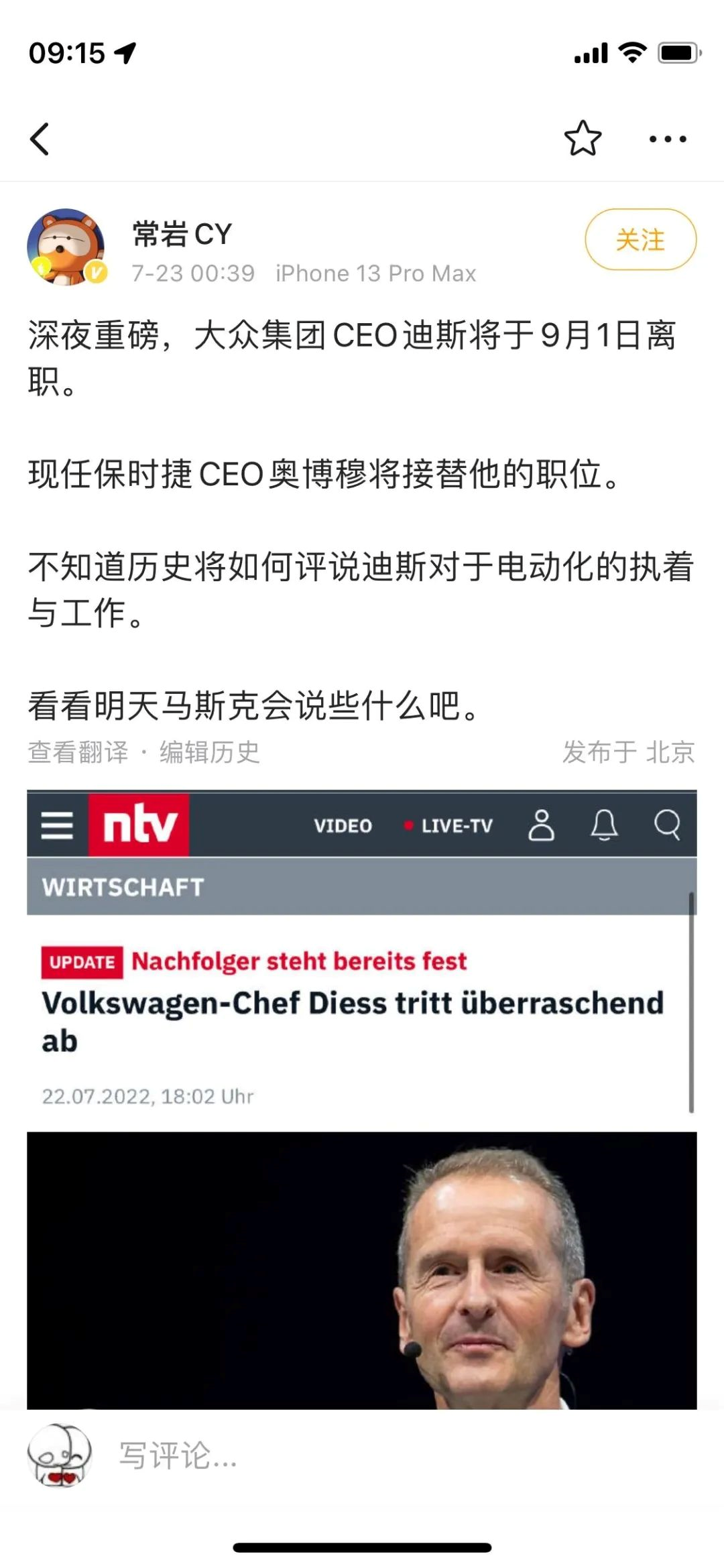
It’s worth noting that this type of story, featuring a “renowned” figure, an “unexpected” change, and a “forced” resignation, is not a common occurrence in the automotive industry.
However, when I did wake up, all I received as a reply were two words: “not urgent.”
Therefore, it is processes like these that ultimately contribute to why this news piece was published so late in the day.
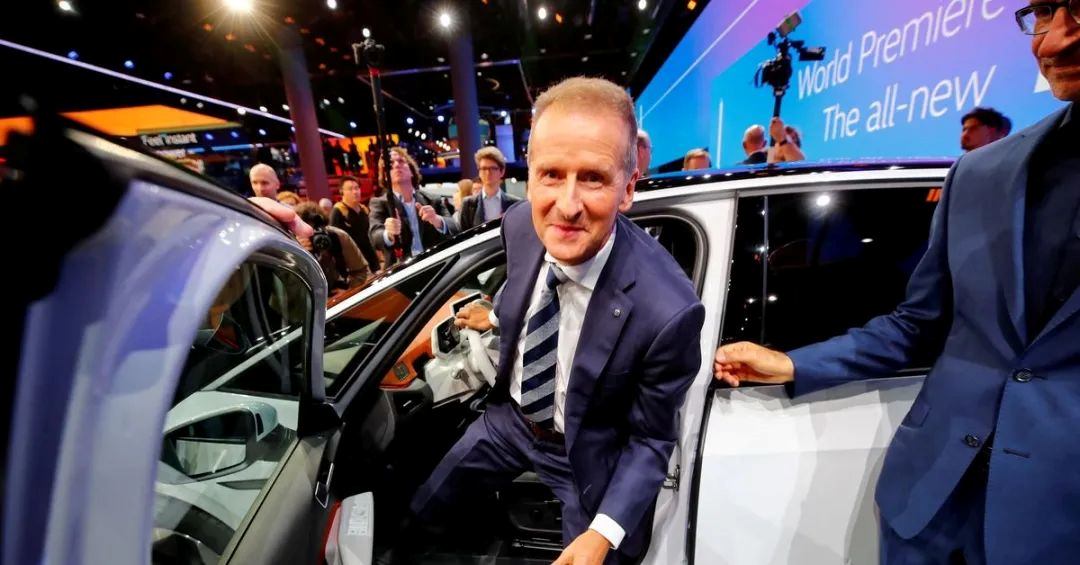
If one day, “Super Charging Station” should become a media organization that slowly withers away due to constant “late-to-the-game” news updates, I don’t believe the entire blame will fall on me. Rather, it would be a failure of the system itself.
For Diess, it’s possible that he too shares similar sentiments about the situation.
Diess’ electric dreams
The Financial Times once described Diess as “an outsider within the upper echelons of Volkswagen Group,” a statement that is undoubtedly tied to his background at BMW.
His tenure at Volkswagen was a contentious one, and its conclusion is also met with criticism. After failing to secure the position of CEO of BMW, Diess moved to Volkswagen and, despite not being directly involved with the “Dieselgate” scandal, he still managed to secure more development opportunities. On April 12, 2018, Volkswagen Group announced a significant restructuring of its management, with Diess transitioning from CEO of the Volkswagen brand to CEO of Volkswagen Group.
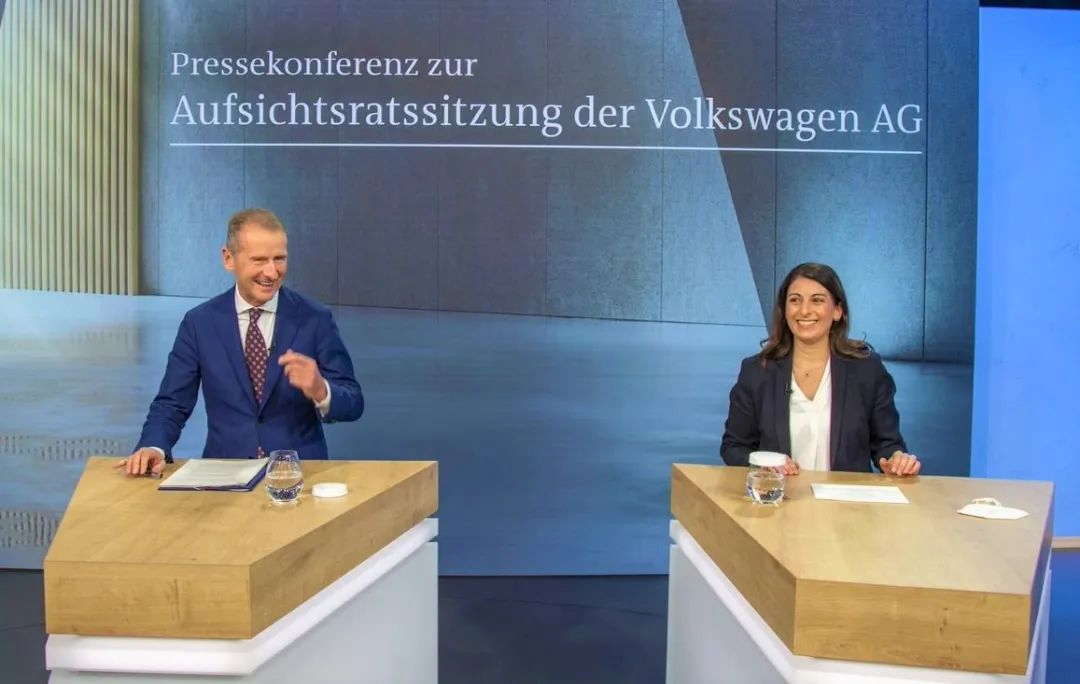
With Diess in a position of authority, he was able to steer his reputation and Volkswagen’s electric mobility reform into the fast lane. Even during his time at BMW, he was adept at cost control and youthfulness, and he was determined to connect the dots between VW’s electric future and its destiny.But as we have seen with Volkswagen’s first pure electric model four years ago, or with Tesla 16 years later, electrification is not an easy task. It requires adjustments to research and development technology, reshaping of the vehicle’s hardware architecture, remediation of software development capabilities, and even implies having targeted production factories and sales systems.
During Mr. Diess’s tenure, there were many milestone achievements. He witnessed the launch of Volkswagen’s first forward-facing pure electric model, greatly reduced the cost of manufacturing electric cars, pushed for the Volkswagen Group to invest 52 billion euros in the development of electric cars, and formulated grand plans to make Volkswagen the world’s largest electric car manufacturer by the mid-21st century.
In the news release announcing his departure, Volkswagen Group did an excellent summary of Diess’s achievements: “Hans Dieter Pötsch expressed his thanks to Mr. Diess on behalf of the Supervisory Board of Volkswagen AG. Mr. Diess played a key role in advancing the group’s transformation during his tenure as Chairman of the Board of Management of Volkswagen Passenger Cars and Chairman of the Board of Management of the Volkswagen Group. The future competitiveness of the group and its brands has been further enhanced and its innovation and profitability have been strengthened. During the transformative process of great significance, Mr. Diess has shown impressive speed and determination. He not only led the company through a challenging period, but also laid a foundation for the fundamental transformation of the group.”
The Group Supervisory Board pointed out that Diess proposed many innovative product concepts, redesigned the product portfolio, and established the core development direction of electric travel. Under his leadership, the group has clearly and implemented the groundbreaking development strategy based on the platform strategy, including recent developments in battery cells and mobile travel services. He gave the group a new organizational position, established more independent market areas, repositioned key management personnel and brand management board members, and introduced a new brand portfolio. In addition, the group has further strengthened its focus on the capital market and consolidated its competitiveness in key areas.
In fact, during Diess’s tenure, Volkswagen has been one of the relatively fast electric vehicle transformation manufacturers, and has explored all aspects of electric vehicle layout to varying degrees, even though the transformation of traditional brands into electrification has been a quagmire, Volkswagen is already one of the groups that’s nearly but not completely swallowed whole.However, the problem is that there are already people running outside the mud.
In the Chinese market, where the public has high hopes for electrification production and software development, a series of brands that did not even exist when Diess joined Volkswagen are demonstrating traditional folk mysterious arts, such as face-changing and acrobatics, to the proud German automotive industry.
In Volkswagen’s homeland, Germany, the time required for Volkswagen to produce an electric vehicle is still three times that of Giga Berlin, just completed by Tesla, and Volkswagen factories that are at the same level will not be completed until 2026.
Although the ID.BUZZ in the official image repeatedly cited by Diess today has a high demand in both the top electric vehicle markets in China and the United States, it has only completed its debut in the United States, and there is no plan to introduce it to China.
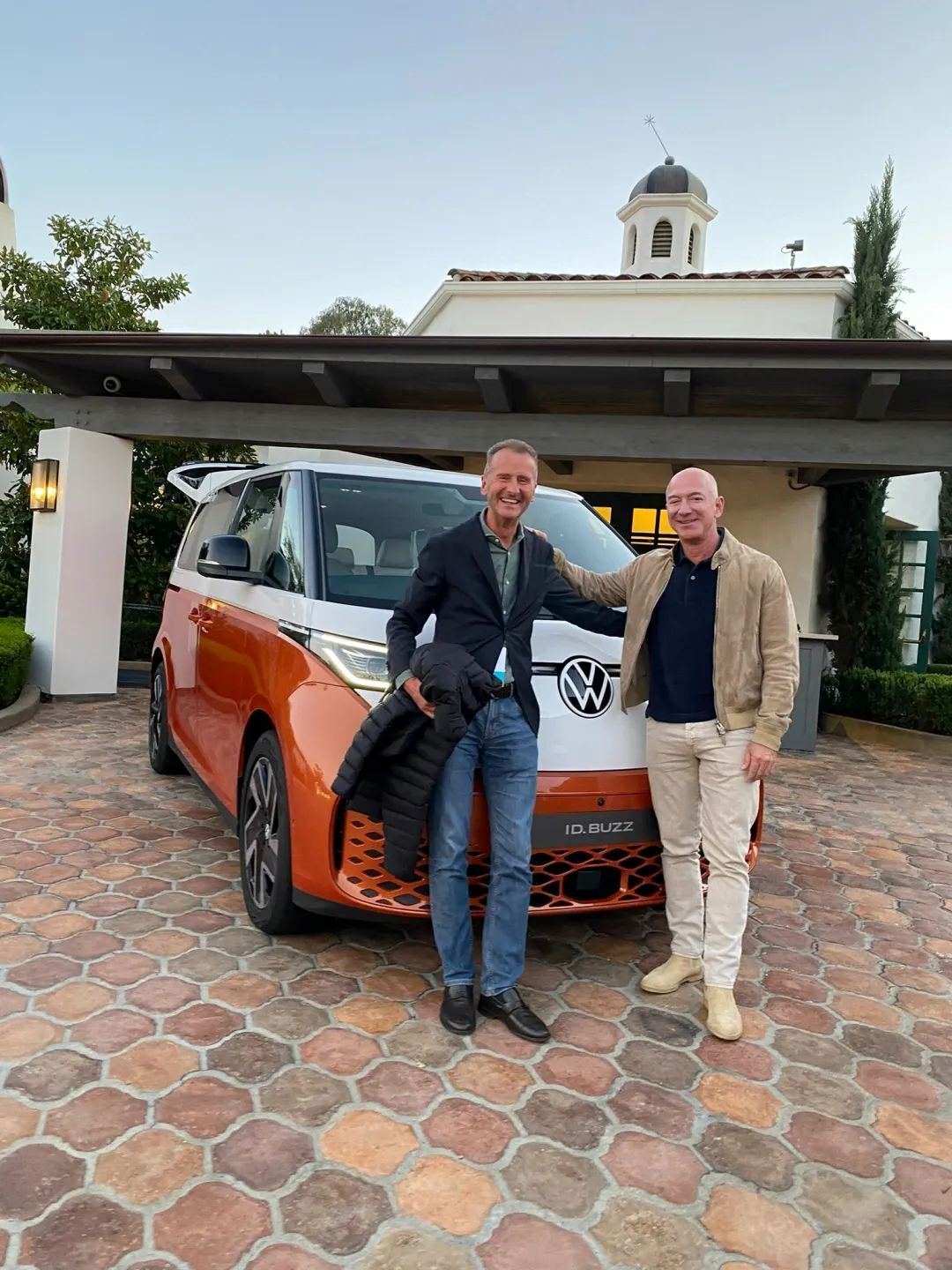
Sudden Events?
Just now, the German car media “Automobilwoche” published a paywalled article called “This is the reason why Herbert Diess had to leave”, in which journalists contacted internal sources of Volkswagen to try to restore the entire process of Diess’s departure.
This is undoubtedly an unexpected event.
According to Automobilwoche, the fate of Diess was decided by a special board meeting, and the entire meeting was conducted through a video conference that was suddenly convened, “no information was leaked in advance.”
The meeting started at 4:00 pm German time, ironically just when Diess was giving holiday greetings to all employees on LinkedIn.
The content and process of the meeting were only known to the members of the Volkswagen Group’s board, and even “people in the supervisory board circle said, “Other people also learned about (the content to be discussed) only through the meeting.”
And just an hour later, Diess’s era at Volkswagen came to an end.
“Officially, both parties agreed to part ways with each other. But in fact, the supervisory board left Diess with no choice,” the article stated.
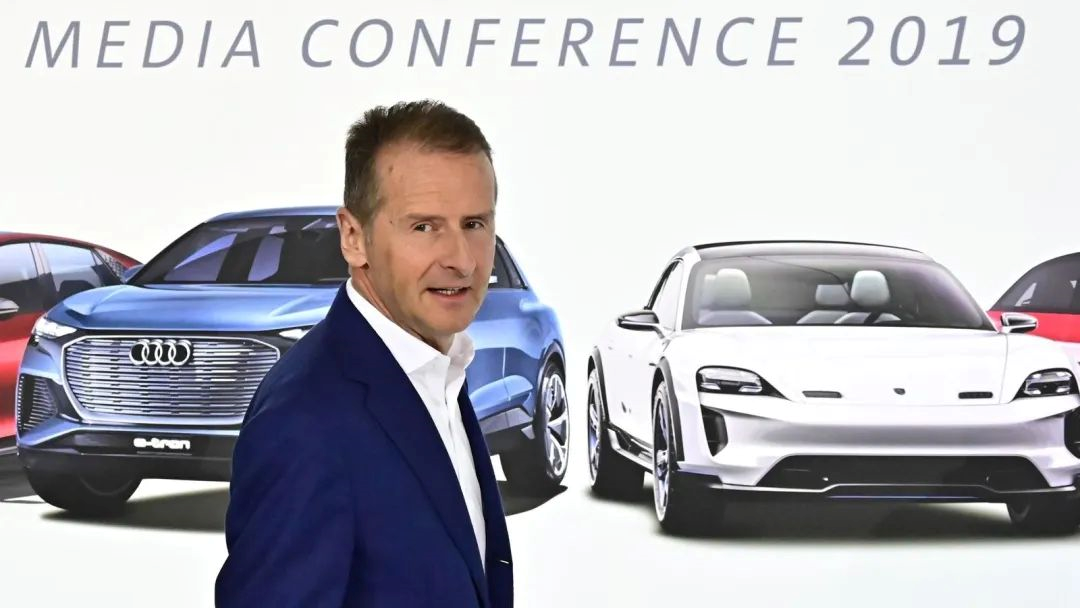 Almost all of the participants agreed that the main reason for Diess’ replacement was the driving force behind this conference from Porsche and the Piëch family, who hold more than half of Volkswagen’s voting rights and 31.4% of shares.
Almost all of the participants agreed that the main reason for Diess’ replacement was the driving force behind this conference from Porsche and the Piëch family, who hold more than half of Volkswagen’s voting rights and 31.4% of shares.
According to an article in The Guardian, “they have always protected Diess in the past,” and when they proposed changing the helm this time, Diess already knew he had no future in the position of CEO.
Although many people think that Diess has repeatedly compared Volkswagen’s electrification process with Tesla and incurred the dissatisfaction of the board, in a recent series of reports, Diess’ internal communication style has also become the focus of criticism.
The Guardian article mentioned: “Diess is hopeless. He has changed Volkswagen enormously. But his communication is terrible,” said one unnamed source.
Automobilwoche’s report indirectly proves this, citing two examples: first, Diess publicly criticized Porsche and Audi for making special requests for Volkswagen’s software, causing project delays, which angered Porsche; Second, Diess acted first and reported later. He loudly announced his solution for Cariad at the company meeting and submitted it to the Supervisory Board a week and a half later, which “was not popular among the Supervisory Board.”
It is said that among the group’s executives, it is generally believed that although Diess has brought significant advances to the group strategically, he has never learned how to motivate his subordinates and manage the group effectively, and everyone “has given up hope that Diess will change.”
“Diess’s rough attitude and frequent ridiculous behavior also make these families uneasy,” and “he is excellent in strategy, but has huge defects in leadership and execution.”
This is not the first controversy for Diess’ dismissal as CEO; in fact, this drama has been repeated three times. The most recent one ended in the fall of 2021. At that time, because Diess mentioned that overly electrification might cause Volkswagen Group to lay off 30,000 people, and this caused a great upheaval within Volkswagen, especially among its workers.
Daniela Cavallo, the chairman of the workers’ committee, warned that she hopes to ensure that “job security and profitability will still be equally important corporate goals in the coming years.”
“As an employee organization, our focus is clear: all our colleagues must be involved.”It’s not that everyone can’t participate, it’s just that after everyone participates, the cost is high but the effect is not significant.
Even though Diess’s power has been greatly reduced since the last controversy and has been focusing on the software development of Cariad, Reuters reported that the department is far beyond budget and lags behind for years in launching a new software platform.
“Cariad may have brought too many problems and challenges to Volkswagen Group and its various brands,” said Ferdinand Dudenhöffer, director of the Duisburg CAR automotive research center. “Missing the start of production and software issues has cost a lot of money.”
Misfortunes never come singly.
“Two weeks ago, all members of the executive committee attended the groundbreaking ceremony at the Salzgitter battery plant. They talked to Diess cordially in the hall, but in the closed-door room, they may have been discussing his future.”
Diess’s Future?
With Volkswagen’s stock price in a “downward spiral” recently, Diess’s future is becoming increasingly clear.
Perhaps because Diess has been tied to Musk in public opinion for a long time, or perhaps because Musk extended an olive branch to Diess with Tesla’s CEO title in 2015, it seems that the media is hoping that Diess will join Tesla or some new brand to realize his dream and return to the king.
But few people have noticed that the reason why Diess has become the highly valued Diess today is precisely because of his contradictory role as a traditional giant’s transformation, and we are only overly concerned with this kind of “down-to-earth” with chains dancing.
In fact, although Diess has bid farewell to the CEO position, he can still choose to shine in the Volkswagen Group.
Just a year ago, Diess’s contract was just extended to October 2025, when he will celebrate his 67th birthday. There have been precedents before, and many people still participate in Volkswagen’s key affairs management and decision-making after resigning as Volkswagen CEO.
In companies that match Diess’s ideal style, they either completely start from scratch to create a pure electric enterprise without any historical burden, or have a powerful boss who says yes and no and doesn’t care about other people’s opinions.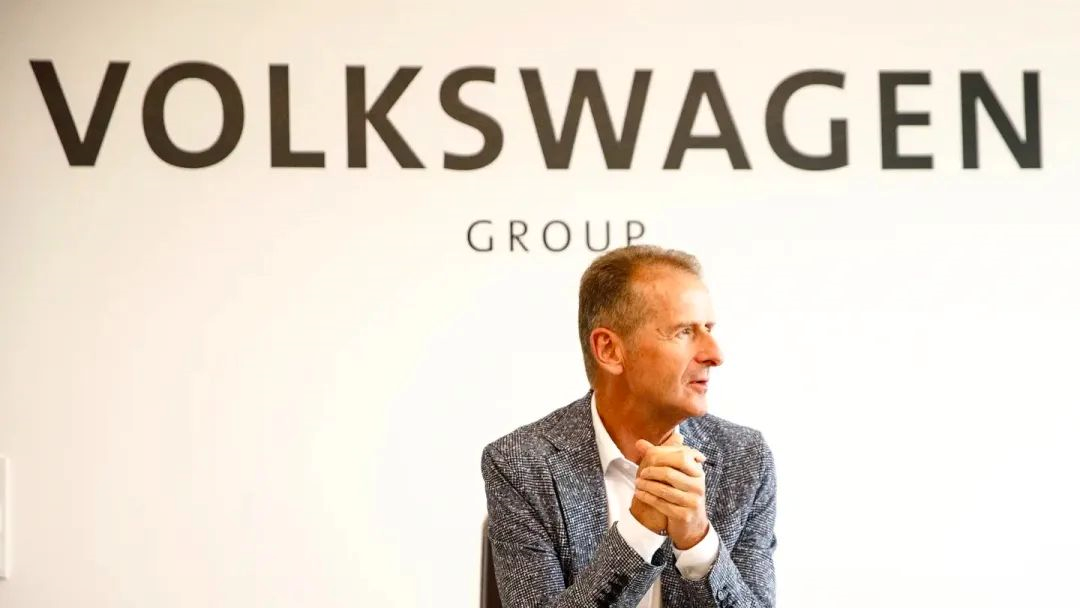
However, I haven’t found a comfortable place for a company like Volkswagen to exist in yet.
And Diess’s failure is also a proof that in traditional car companies, it’s almost impossible to give up on even one thing while putting all their efforts into transformation.
But there’s always hope, and soon-to-be CEO of Volkswagen, Arno Antlitz, said, “My focus will be on customers, brands, and products,” and “For me, people are always the most important factor. Team spirit, fairness and passion are the keys to success.”
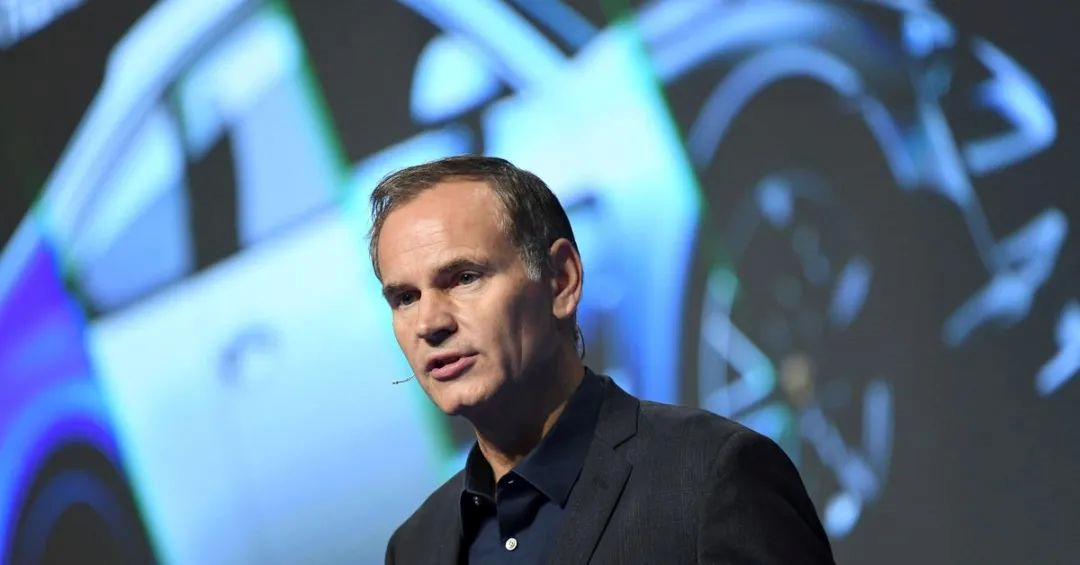
When introducing Arno Antlitz, Reuters talked about how “he was responsible for overseeing the development and launch of the electric Taycan, which has outsold the classic 911.”
I wonder how this story will be replicated in the Volkswagen Group.
It only took an hour for Diess to step down, but his departure may still be discussed for years to come.
This article is a translation by ChatGPT of a Chinese report from 42HOW. If you have any questions about it, please email bd@42how.com.
